Watt Sense of Community? A Human Geography Agenda on Energy Communities published in SAGE Journals!
November 20 - 2024
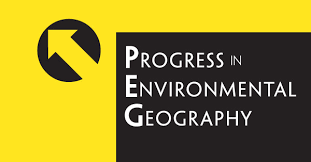
We’re excited to announce that the article, “Watt Sense of Community? A Human Geography Agenda on Energy Communities,” has been published in SAGE Journals!
This collaborative work led by Siddharth Sareen from project partner University of Stavanger and Fridtjof Nansen Institute, alongside a team of dedicated experts, is informed by research conducted in the ENERGY4ALL project, and investigates the potential of energy communities (ECs) to facilitate fair transitions to low-carbon systems through decentralised energy production and consumption.
-
Pluralising Energy Communities: We emphasize the need to broaden the understanding of what ECs are, acknowledging the diverse motivations that inspire participation.
-
Advancing Just Transitions: We explore how ECs can facilitate fair and equitable transitions within energy systems, contributing to sustainable practices at the local level.
-
Contextualising Technological Innovations: We highlight the importance of situating technological advancements within specific social and geographical contexts to ensure they meet the needs of local communities.
As we delve into these topics, we recognise that community involvement and an understanding of energy geographies are essential for tackling the climate crisis effectively. By positioning energy communities within broader social contexts, we can identify innovative solutions that prioritise sustainability and social justice.
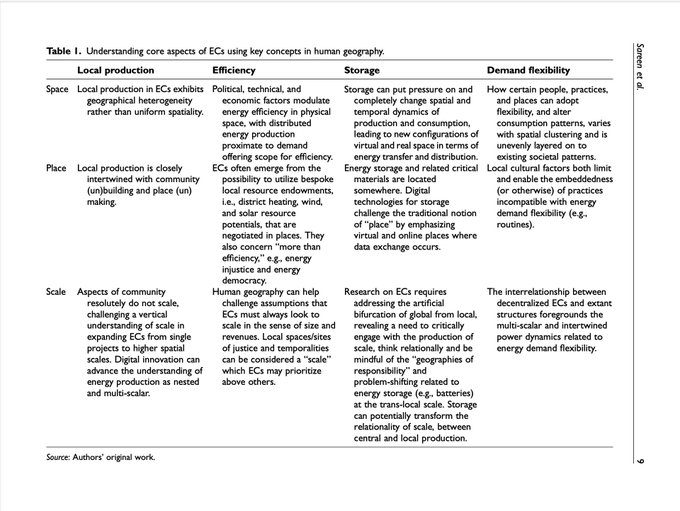
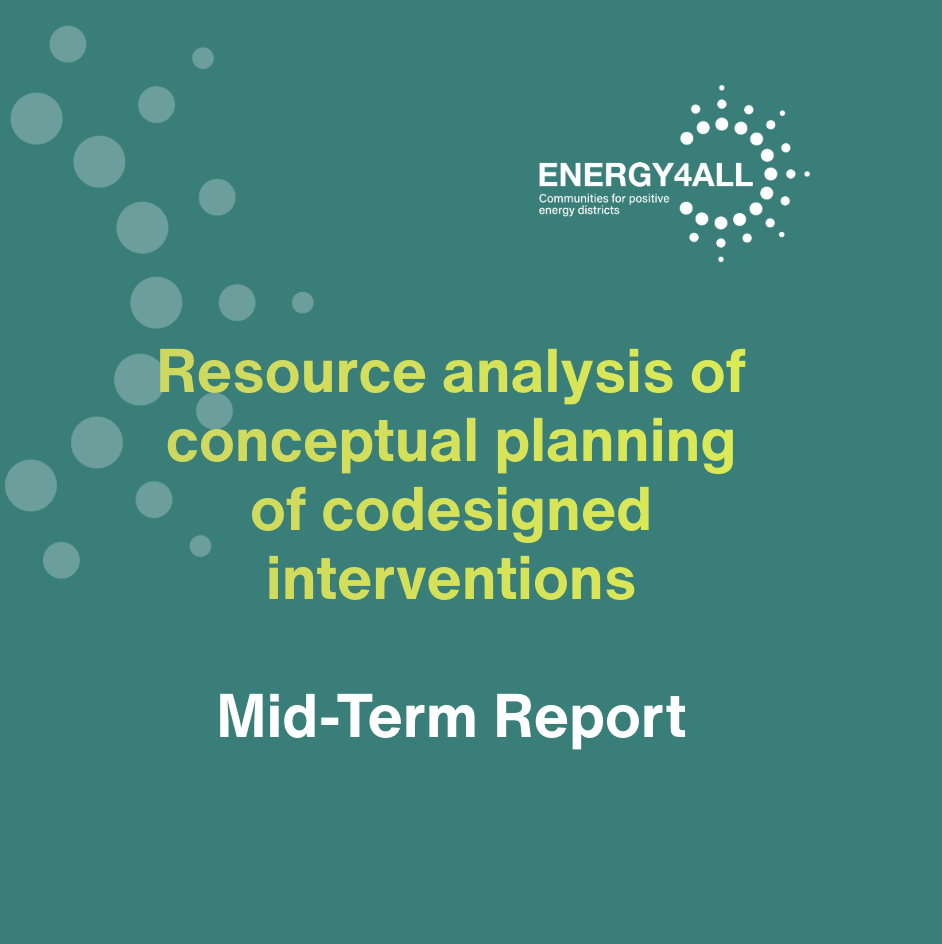
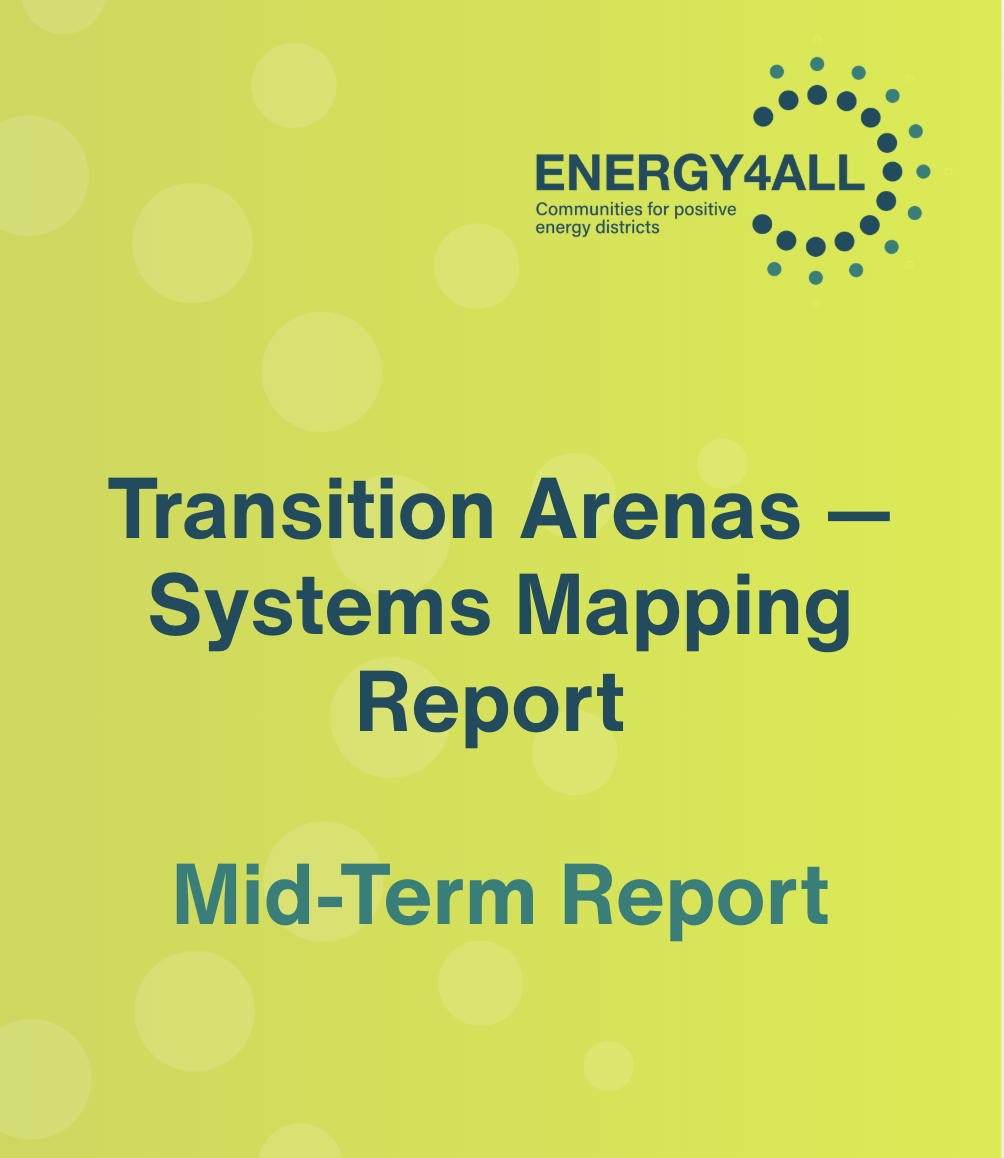
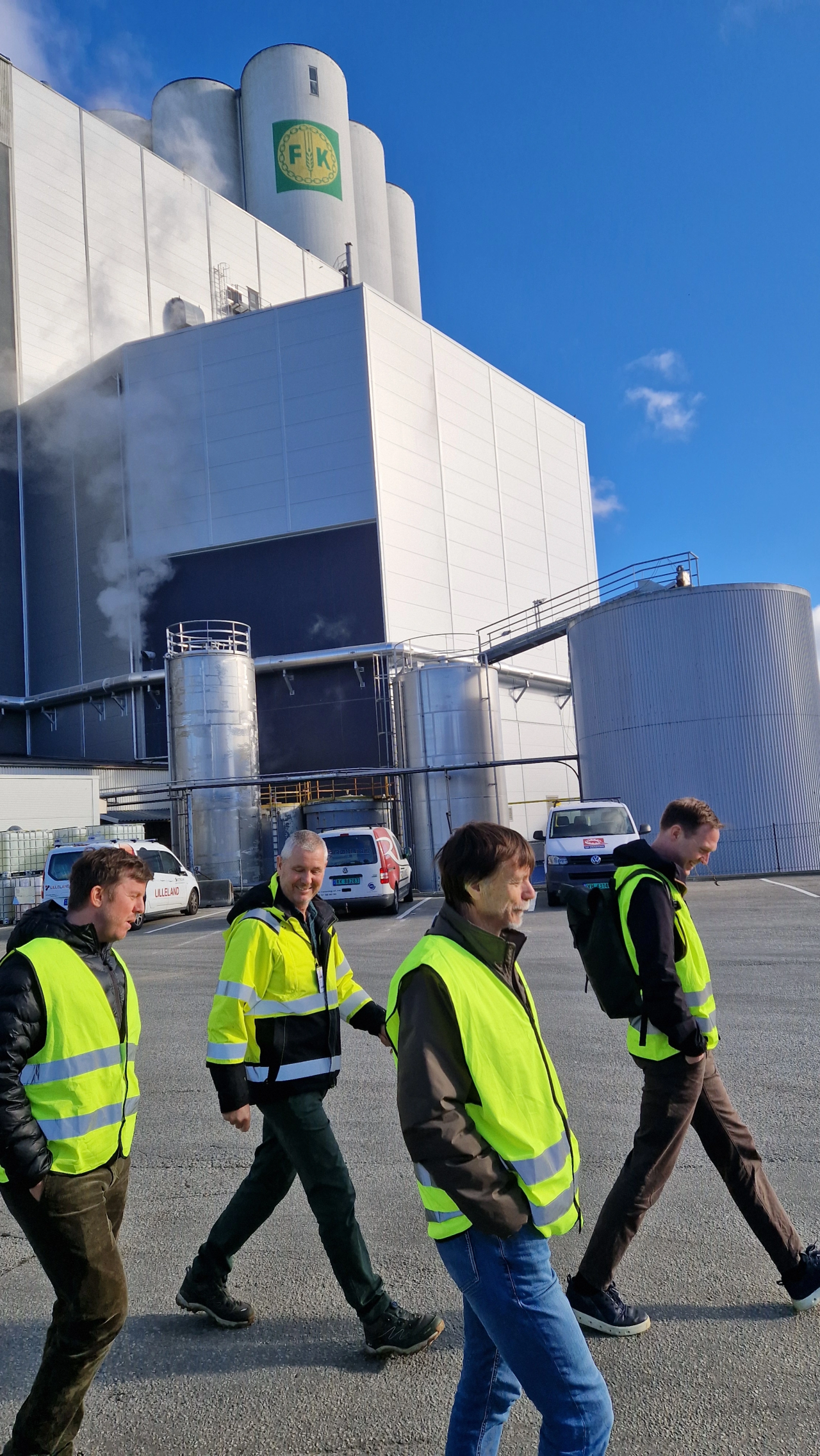
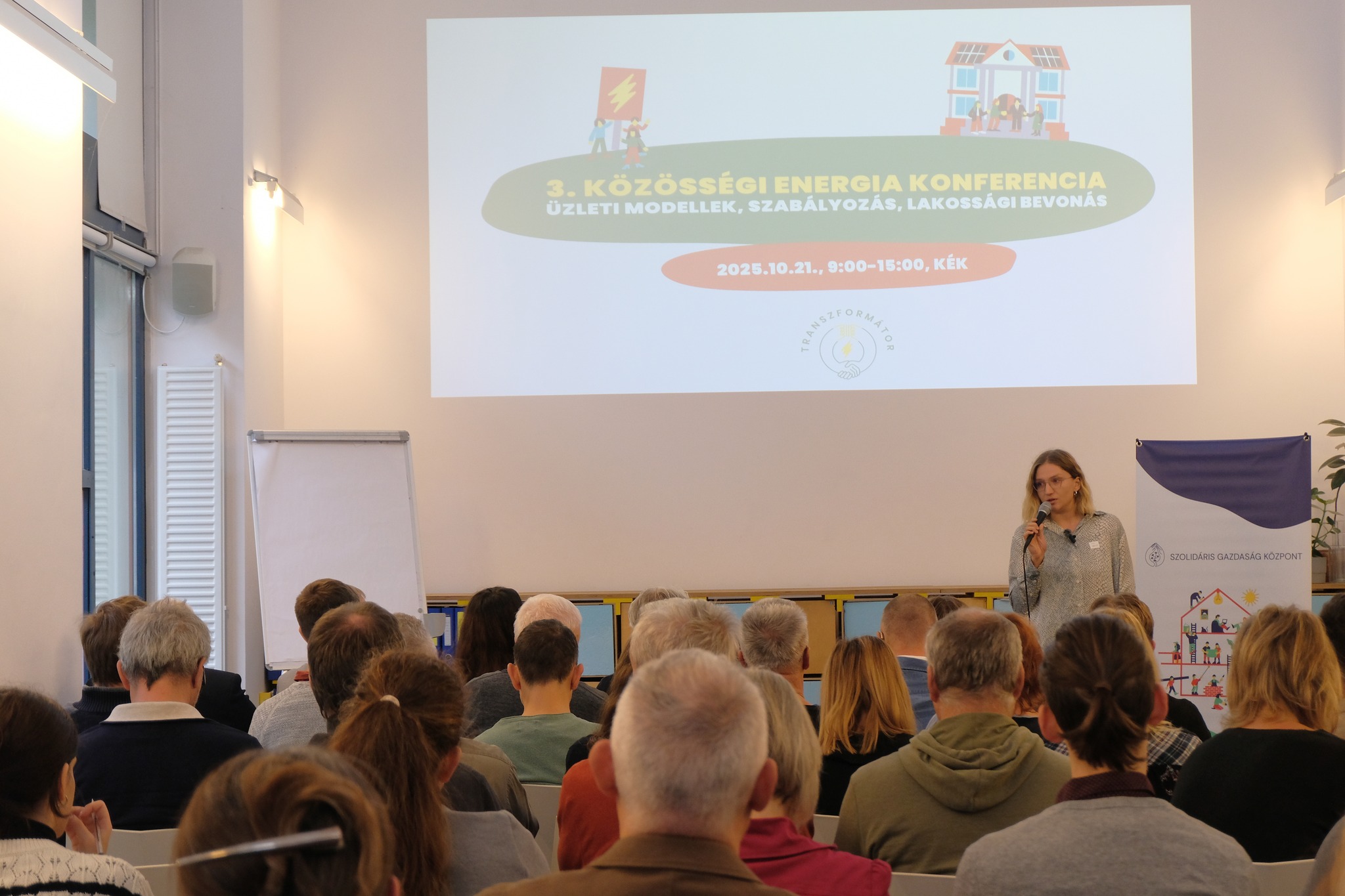
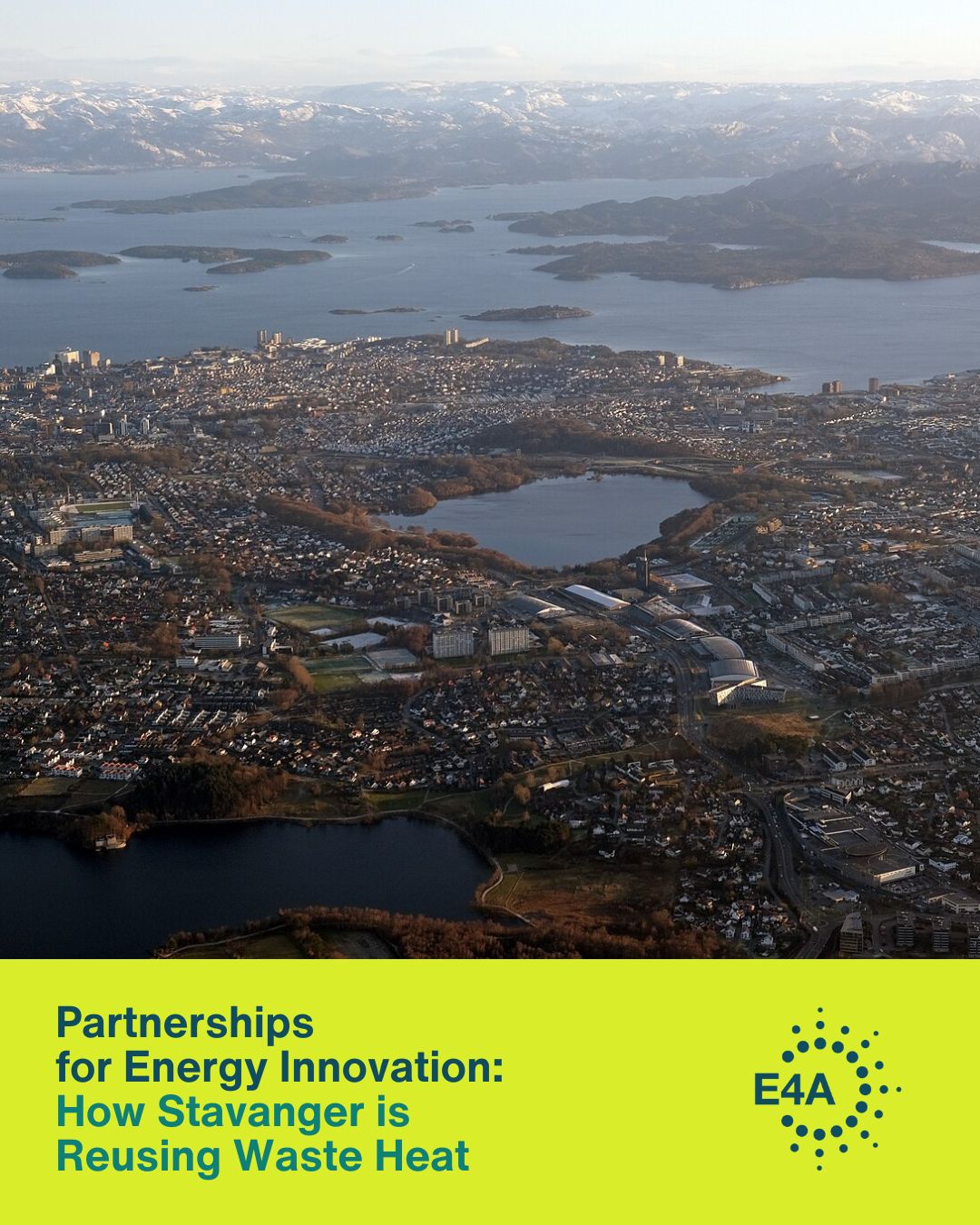




Share on